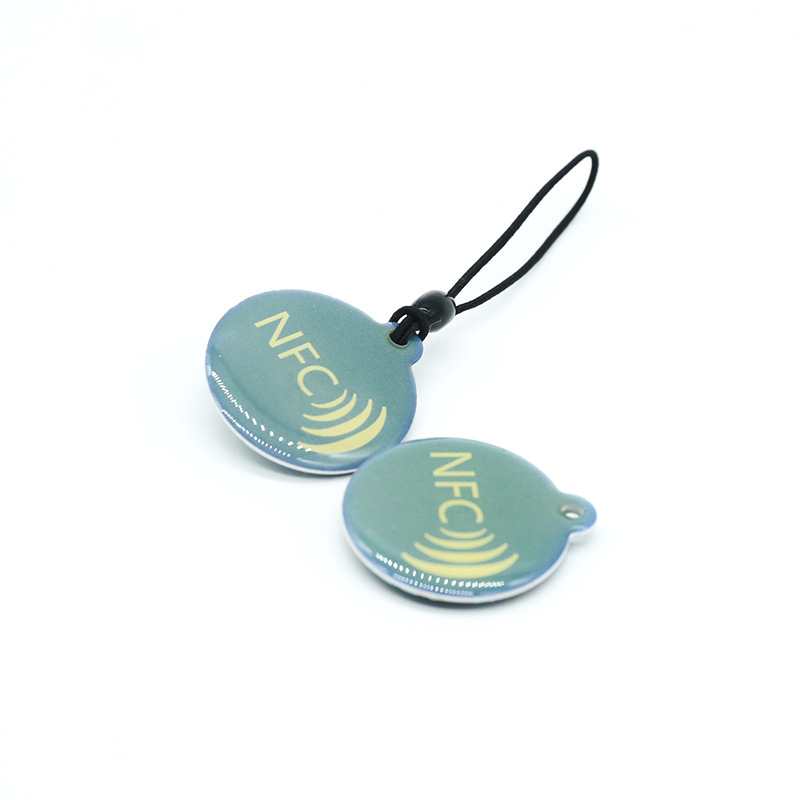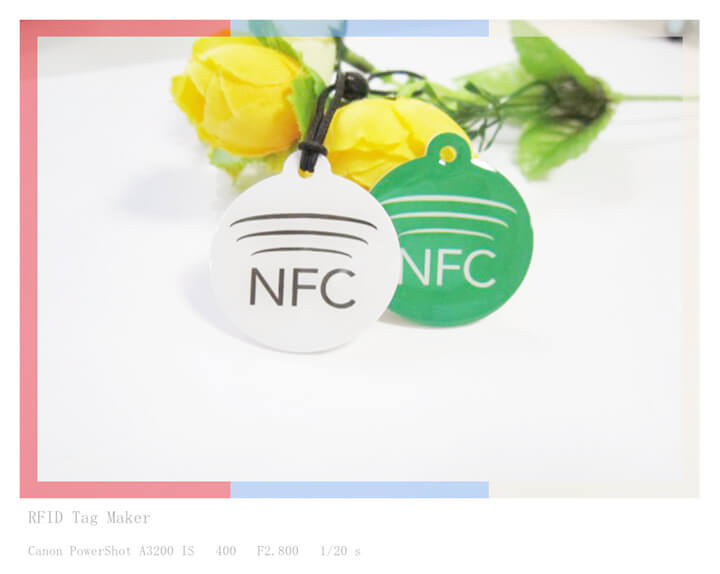RFID (Radio Frequency Identification) technology has become increasingly popular in recent years, offering a wide range of applications in various industries. Here are some frequently asked questions about RFID technology:
1.What is RFID technology?
RFID technology is a method of wireless data transfer that uses radio waves to transmit data between a reader and a tag. RFID tags are small devices that can be attached to objects or embedded in them, and can store and transmit data to a reader.
2. What are the advantages of RFID technology?
RFID technology offers several advantages over traditional barcode or magnetic stripe technologies. RFID tags can be read at a distance, without the need for direct line-of-sight or physical contact. This allows for faster and more efficient data transfer, as well as the ability to read multiple tags at once. RFID tags are also more durable and long-lasting than traditional tags.
3.What are some common applications of RFID technology?
RFID technology is used in various industries, such as logistics, retail, healthcare, and manufacturing. Some common applications include inventory management, asset tracking, supply chain management, access control, and contactless payment systems.
4.How do RFID systems work?
RFID systems typically consist of a reader or scanner, which emits radio waves to communicate with RFID tags. The tag then responds to the reader by transmitting its data back to the reader. The reader can then process and analyze the data, and provide relevant information or take appropriate action.
5.What are the different types of RFID tags?
There are two main types of RFID tags: passive and active. Passive RFID tags do not have their own power source and rely on the reader’s signal to power them. Active RFID tags, on the other hand, have their own power source and can transmit data over longer distances.
6.What are the security concerns with RFID technology?
One potential security concern with RFID technology is unauthorized access to the data stored on the tags. However, modern RFID systems often use encryption and other security measures to prevent this. Another concern is the potential for RFID tags to be used for tracking or surveillance purposes, but regulations and privacy laws often limit the use of RFID technology in these contexts.
Overall, RFID technology offers a wide range of applications and benefits, and continues to evolve as new innovations and developments emerge.
7. What is the difference between HF and UHF RFID technology?
HF (High Frequency) and UHF (Ultra High Frequency) are two different frequencies used in RFID technology. HF RFID operates at a frequency of 13.56 MHz, while UHF RFID operates at a higher frequency of 860-960 MHz. HF RFID is typically used for short-range applications, such as access control, while UHF RFID is used for longer-range applications, such as inventory tracking.
8. How is RFID technology used in healthcare?
RFID technology is increasingly being used in healthcare for a variety of applications, such as patient tracking, asset tracking, and inventory management. RFID tags can be attached to patient wristbands, medical equipment, and supplies, allowing for more efficient and accurate tracking and monitoring.
9. Can RFID technology be used in harsh environments?
Yes, RFID technology can be used in harsh environments, such as extreme temperatures or exposure to water or chemicals. Specialized RFID tags and readers are available that are designed to withstand these conditions.
10. What are some future developments in RFID technology?
As RFID technology continues to evolve, we can expect to see even more innovative applications and developments. Some potential future developments include the use of RFID tags in 5G networks, the integration of RFID technology with other IoT (Internet of Things) devices, and the development of new and more sophisticated security measures to protect against data breaches and other threats.
In conclusion, RFID technology is a rapidly evolving field with many applications and benefits across various industries. With continued advancements in the technology, we can expect to see even more innovative and impactful uses of RFID in the future















